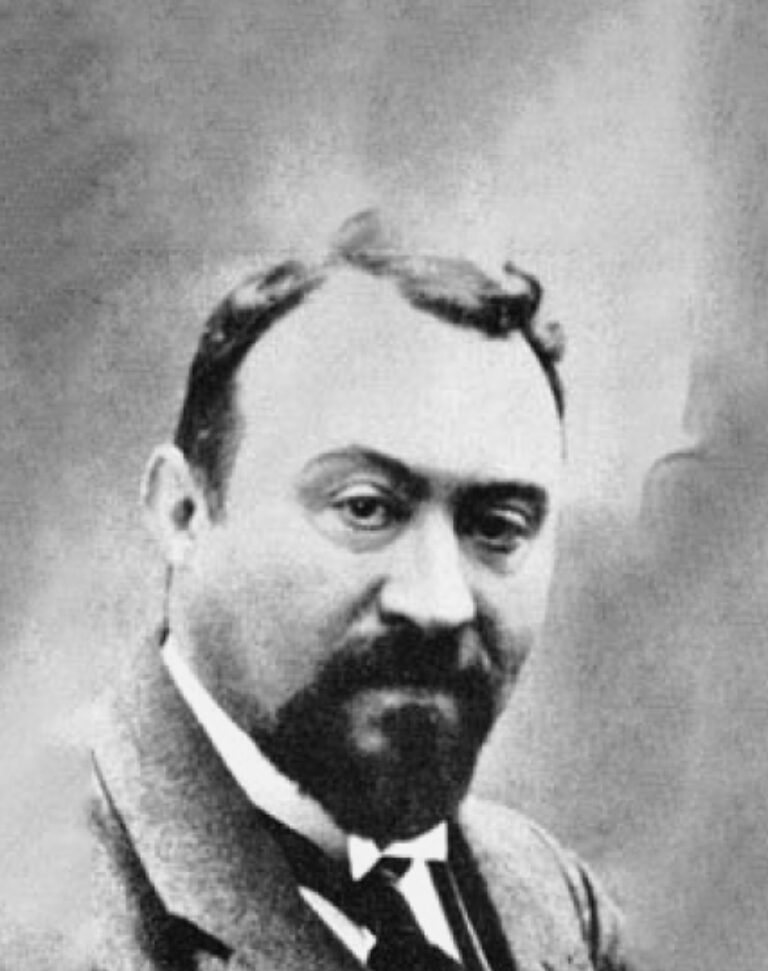After secondary school, Julius studied the Talmud intensively with his father and expanded his knowledge at the University of Berlin, where he earned his doctorate. He received his rabbinical training at the Jewish Theological Seminary in Breslau (now Wrocław), where he was ordained as a rabbi in 1903.
From 1904 to 1913, he served as a rabbi in the community of Schneidemühl (now Piła), which then had 800 members. His liberal orientation and views on Judaism and the modern world made him well-known, leading him to Berlin in 1913. There, he worked as a rabbi and preacher at the synagogue in Levetzowstrasse and was also active as a teacher.
In Berlin, he continued his work in Jewish education and taught at the Higher Institute for Jewish Studies alongside his duties as a community rabbi.
On 8 March 1943, he and his wife Selma were arrested from their home. They were deported with the 36th “transport” to Auschwitz and murdered.
